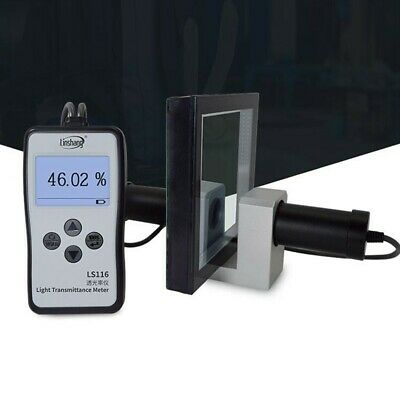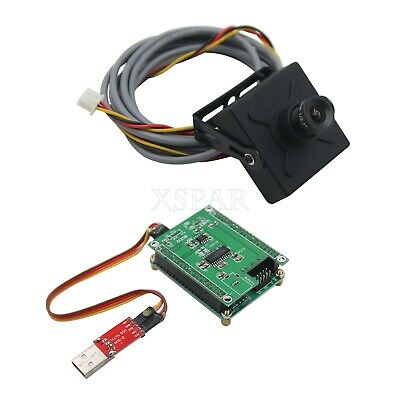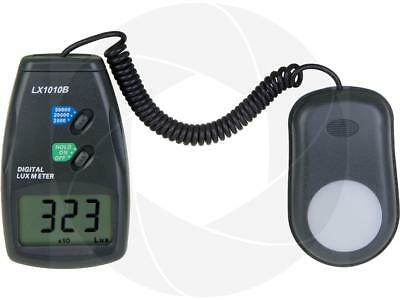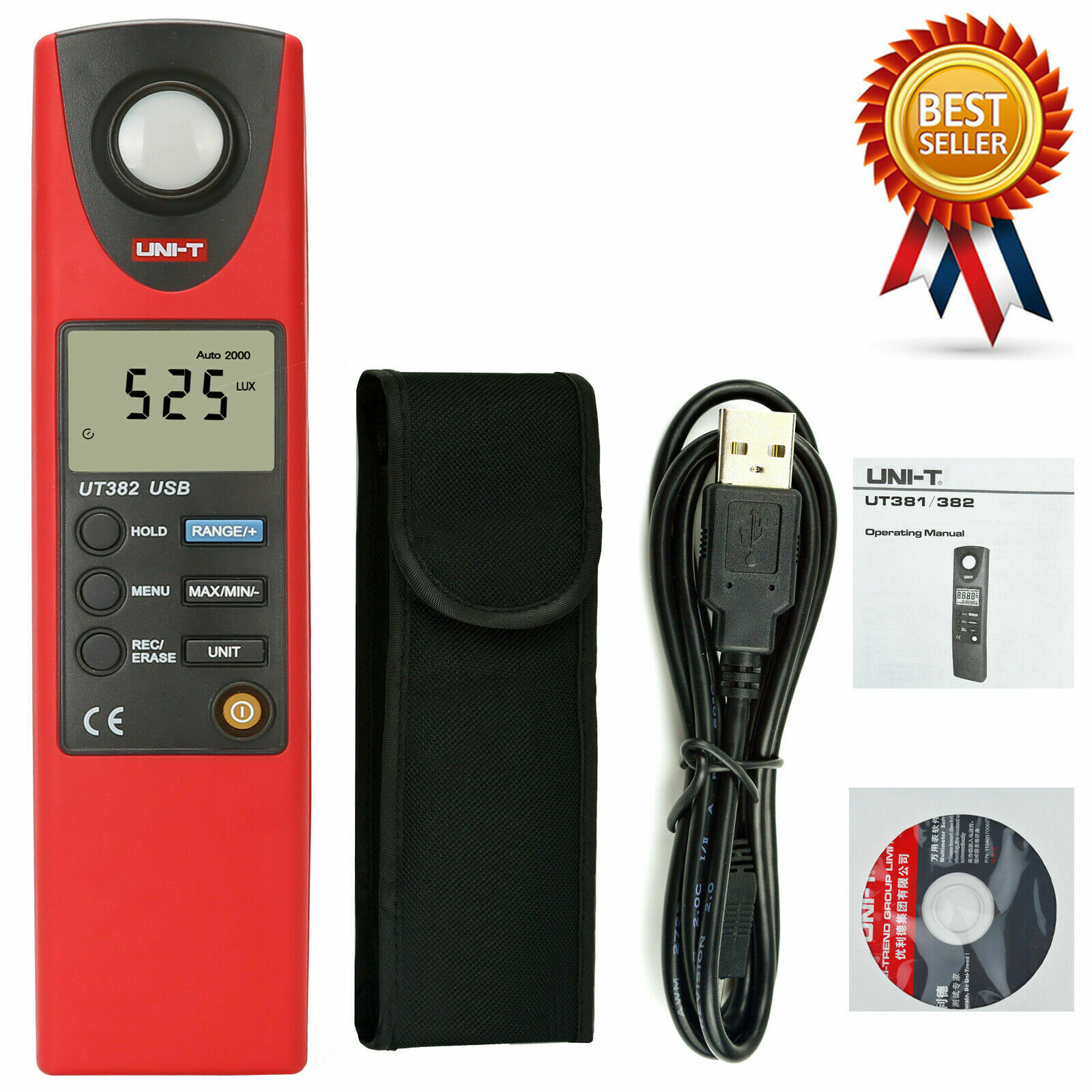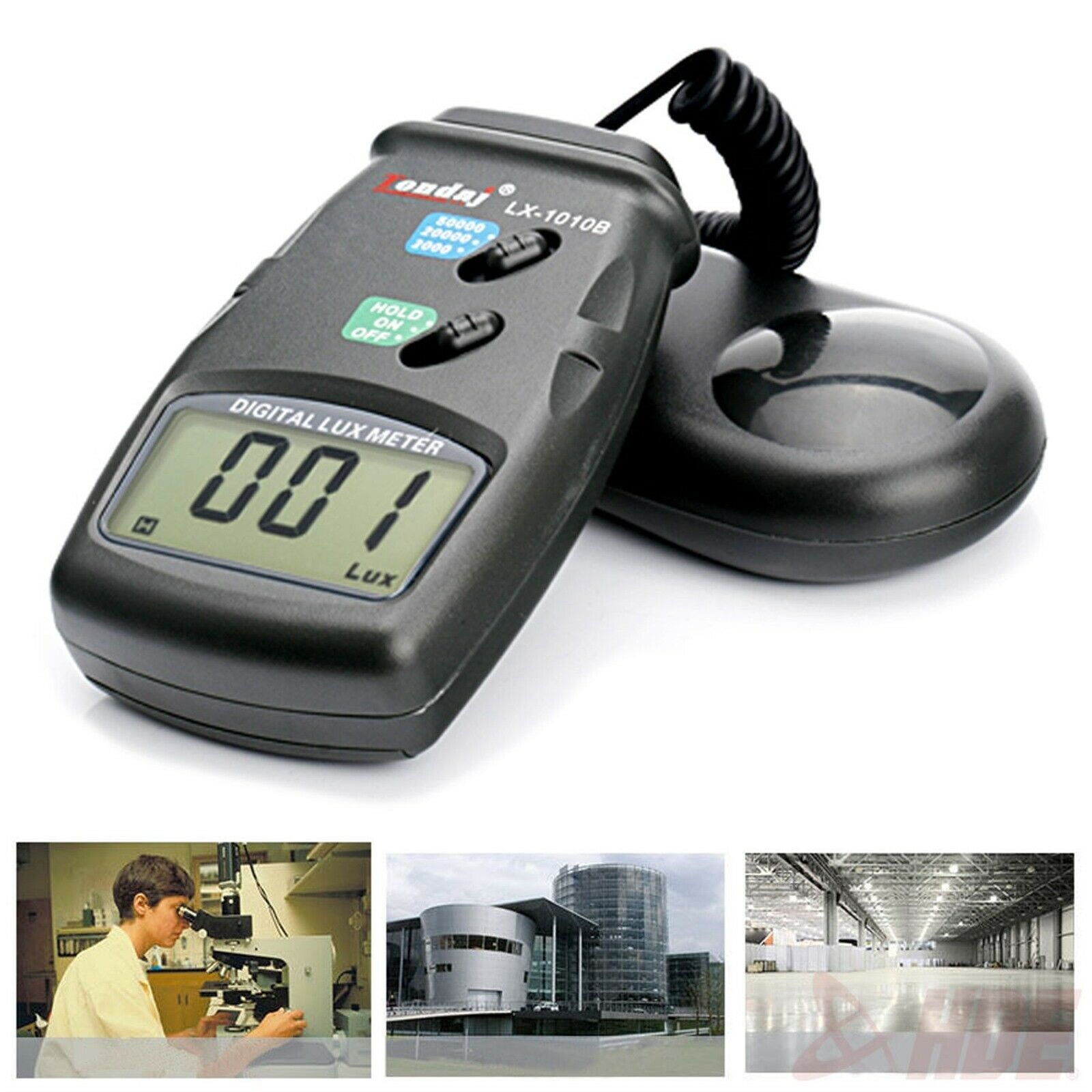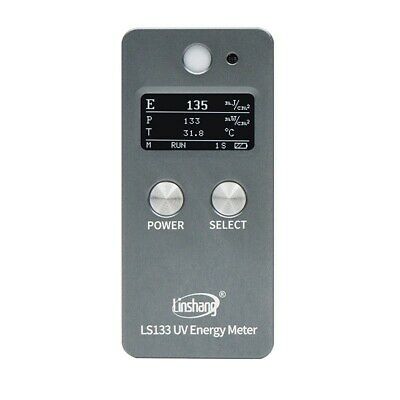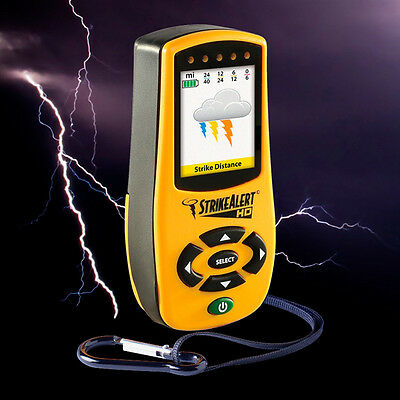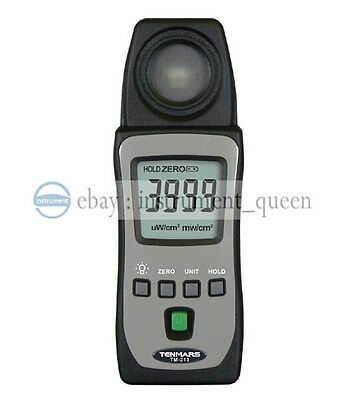-40%
Solarmeter® UVA+B Meter + Carrying Case | Model SM 5.0
$ 84.45
- Description
- Size Guide
Description
Solarmeter® UVA+B Meter + Carrying Case | Model SM 5.0Features
:
Includes soft carrying case for Solarmeter® UVA+B Meter
Compact, Handheld, and Durable
Simple Single-Button Operation
NIST Traceable Accuracy
LCD Display
Made In USA
Applications:
Monitoring UV Lamp Intensity and Aging
Testing Acrylic Shield Transmission
Monitoring PUVA Therapy Lamp Intensity and Aging
Window Tint Transmission
Measuring Outdoor UV
Choose Standard Model 5.0 For Outdoor / High Intensity Applications
Choose Sensitive Model 5.7 For Indoor / Low Intensity Applications
User Manual:
See attached Photos
Solarmeter® Specifications
Model
5.0
Irradiation Range
0-199.9 mW/cm2 Total UV
Response
280-400 nm (UVB thru UVA)
Resolution
0.1 mW/cm²
Conversion Rate
3.0 Readings/Sec
Display
3.5 Digit LCD
Digit Size
0.4 (in) / 10.2 (mm) high
Opererational Temp
32°F to 100°F / 0°C to 37.8°C
Operational Humidity
5% to 80% RH
Accuracy
±5% REF.NIST
Dimensions
4.2L x 2.4W x 0.9D (in) / 106.7L x 61W x 22.9D (mm)
Weight
4.5 (oz) / 128 (g) Including Battery
Power Source
9-Volt DC Battery
Lens
Acrylic
Diffuser
Teflon
Agency Approval
CE Mark
Also Available – by special request:
Model 5.0 HP > 0-1999 mW/cm²
(For high pressure lamps over 199.9 mW/cm²)
Sensor
The semiconductor UV sensor consists of a GaAsP photodiode chip and a UV filter which is completely insensitive to visible light longer than 400 nm and infrared radiation, since its spectral response covers only the UV region from 260 to 400 nm. Applications include solar UV detection (as the spectral response is well matched to the solar UV spectrum) and tanning lamps peaking near 365 nm (“new era” fluorescent and “high pressure” HID.)
Operation
To operate your Solarmeter, aim the sensor window located on the top panel of the meter directly at a UV source. Press and hold the push-button switch on the face of the meter. For best results take note of the distance the reading was taken from the UV source in order to ensure repeatable results. Battery operation voltage is viable from 9V down to 6.5V. Below 6.5V, the numbers on the LCD display will begin to dim, indicating the need for battery replacement. Under typical service load, a standard 9V battery will last approximately 2 years.
Proper Usage of Solarmeter
®
Ultraviolet Radiometer for Lamp Aging Tests
Wear eye protection when checking UV lamps (UV-block wrap around glasses)
Allow lamps to warm-up prior to taking readings (at least 5 min).
When checking aging of lamps, keep measuring distance and locations constant.
Lamps should be replaced when output drops to about 70% of their original (new) readings. Take overall reading at center of tanning bed bench pointing up with canopy closed, or check individual lamps at acrylic with canopy up. Keep track of hours vs. readings on a chart.
If unsure of what original new values were, replace two adjacent lamps with new ones of the same kind and compare old ones.
This meter is primarily “seeing” the UVA “browning” rays. For erythemal rays use Model 7.0 MED/hr meter to relate to Te time.
When checking acrylic transmission, take reading through acrylic; then remove acrylic and hold meter sensor at approximately the same distance from lamp as the acrylic shield was located. Note: Model 6.0 UVB meter is better for this purpose).
When using this meter to compare different types of lamps, due to their different spectral power distributions, the readings should be considered relative rather than absolute. Although higher output lamps of similar SPD’s will read higher than low output lamps, ones that peak near 365 nm (as does the meter response) will read higher than ones peaking near 350 nm even if the total UV output of both is the same.
Do not subject the meter to extremes in temperature, humidity, shock or dust.
Use a dry, soft cloth to clean the intrument. Keep sensor free of oil, dirt, etc.






